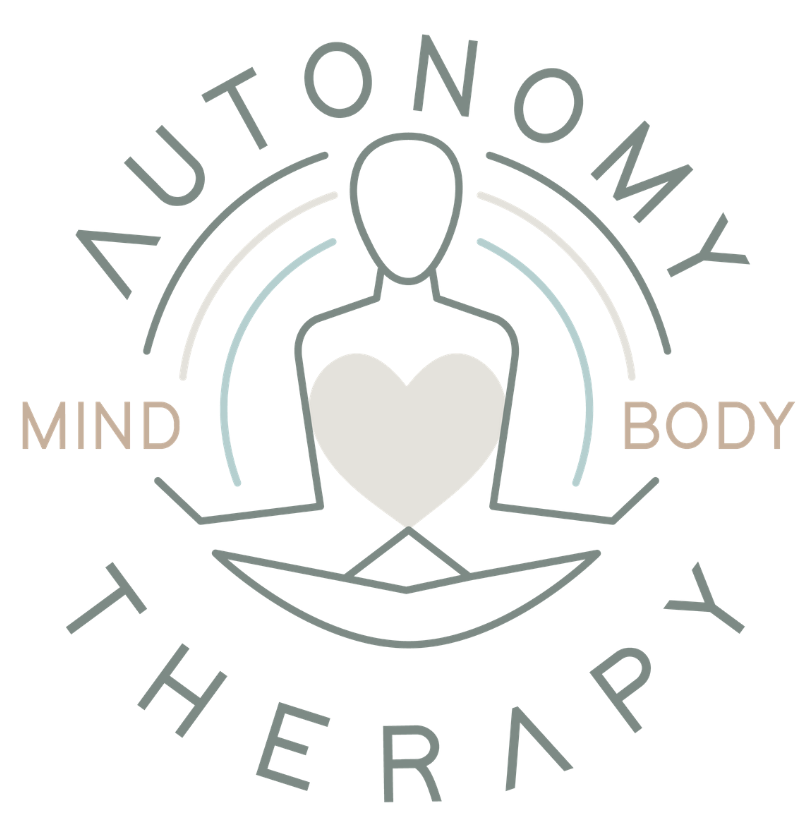Steps for Setting Values-Based Intentions vs. Shame-Based Resolutions
Written by Tiffany Lepa, NCC, LPC-Associate
“New Year, New You?” Not quite! Here at Autonomy Therapy in Austin, Texas, our mental health therapists stand firmly in our belief that you are enough and don’t need to reinvent yourself in the New Year. We do, however, also see the benefit of using the start of a new year as a time for reflection and intention setting. Rather than setting New Year’s resolutions, we encourage you to think about intentions that align with your values.
What Is The Difference Between a Values-Based Intention and a Resolution?
Resolutions often come from a place of shame and are based on what we think others think we should be doing or should want to be doing. Rigid resolutions can feed our inner critics and reiterate unhelpful narratives when we “mess up”. Additionally, while many of us were raised with the belief that criticism and “tough love” lead to change, harsh criticism actually can lead to defensiveness, low self-worth, and strained relationships. This includes our relationship with ourselves!
Values-based intentions, on the other hand, are more flexible, authentic, and meaningful. They can be more easily integrated into your life because they matter to you, to your core! For example, let’s say you value growth and peace and want to challenge past values of productivity and perfection. You might create a values-based intention that sounds like, “I value growth, so I am going to ask myself if I am disrupting my own peace and neglecting my own boundaries and overextending myself when I say ‘yes’ to others.”
For example, take the oh-so-popular “health-related” resolutions of “I will go to the gym every day,” “I will cut out all sugar,” or “I need to lose ten pounds”. Get curious. Why do you think you need to do these things? Is it all the constant ads from the gym? Are you comparing yourself to others? Where do you think this will lead you? What is the belief behind it? Is it aligned with your values? Your belief here may be that your body is “wrong” and you need to change it. You need to be “perfect”.
As health-at-every-size and anti-diet practitioners, we know that strict diets and regimens fail and result in an endless loop of yo-yo dieting, compulsive exercise, an ongoing and exhausting binge-restrict cycle. We also know that body image concerns and eating disorders aren’t just about physical appearance. Working with an eating disorder therapist can help you uncover the underlying issues, core beliefs, and unmet needs below the surface.
So, what would a values-based reframe of this be? If your intention is to engage in more health-focused behaviors, your intention might look like this: “I value my health and wellness and therefore I am going to get curious about what movement feels good to me, prioritize working with a dietitian to help improve my relationship with food, and continue therapy in order to increase my self-worth.”
Steps For Setting Values Based Intentions
#1. List out your values. Brene Brown has a list here that’s a good place to start!
#2. Make a “brain dump” of what “resolutions,” goals, and intentions are currently coming to mind for you. Ask yourself where you want to focus your energy.
#3. Reflect on whether or not your ideas are aligned with your values or if they’re something you think you should want to do. Ask yourself what you hope to be the outcome of the intention.
#4. Create your intention following the examples we provided above. I value ______, so I’m going to ______.
Bonus steps! Write out your intentions and keep them in a visible place, like a sticky note on your mirror or on your fridge or saved as your lock screen. Check out Autonomy Therapy’s recent Instagram Reel for more examples of reframing black-and-white resolutions into values-based intentions.
Are you ready to get more curious about your values and set intentions to live more authentically? Our skilled team of mental health counselors are ready to support you both virtually across the state of Texas or in-person at our office in North Austin.
Fill out a contact form to get in touch or book a free 15-minute consultation call with our client care coordinator!

